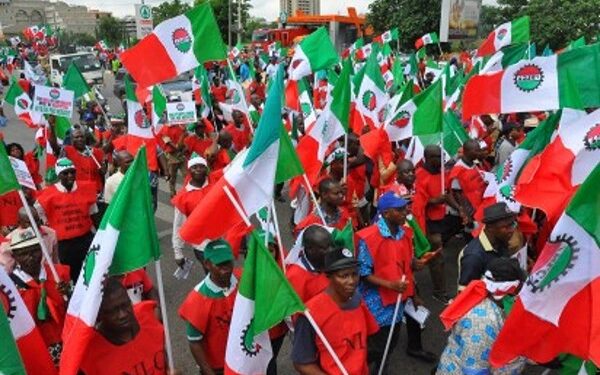Federal public workers are voicing their frustrations following the government’s selective payment of the newly established ₦70,000 minimum wage. Many employees across various Ministries, Departments, and Agencies (MDAs) report that they have yet to see any increase in their salaries, prompting criticism of the government for what they perceive as insensitivity amidst ongoing hardship.
The new minimum wage, signed into law by President Bola Tinubu on July 18, 2024, came after extensive negotiations involving government representatives, labor unions, and the Organised Private Sector. However, conflicting reports from the Accountant-General’s Office and the Budget Office have created confusion regarding its implementation.
While the Accountant-General’s Office claims that the new minimum wage was applied alongside September’s salary payments, the Budget Office asserts that a flat rate of ₦40,000 was paid to all federal workers, which many affected employees deny receiving.
One frustrated worker stated, “It’s bad enough that the government removed fuel subsidy, causing unbearable suffering. Now, the minimum wage, signed into law months ago, has still not been implemented for most of us. It feels discriminatory and designed to keep us in bondage.”
Despite claims from some workers of receiving an additional ₦40,000 in their September salaries, the government clarified that this amount was a temporary measure pending the finalization of the new minimum wage template. Many employees remain skeptical, expressing their disappointment over the delay and the continuous rise in living costs, including petrol and electricity prices.
Benjamin Anthony, President of the Amalgamated Union of Public Corporation, Civil Service Technical and Recreational Services Employees, condemned the selective payment, highlighting that most workers have yet to see the new wage implemented. He lamented the impact of these policies on workers’ lives, noting that many children are unable to return to school due to financial constraints.
Leaders from various unions, including the National Association of Academic Technologists and the Senior Staff Association of Nigerian Universities, echoed similar sentiments, describing the situation as dire and calling for immediate payment of the new wage to alleviate the burdens facing their members.
As public servants continue to grapple with rising living costs and uncertainty surrounding their salaries, the demand for transparency and equitable implementation of the minimum wage remains a pressing issue.













